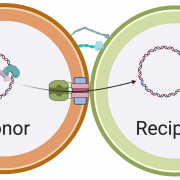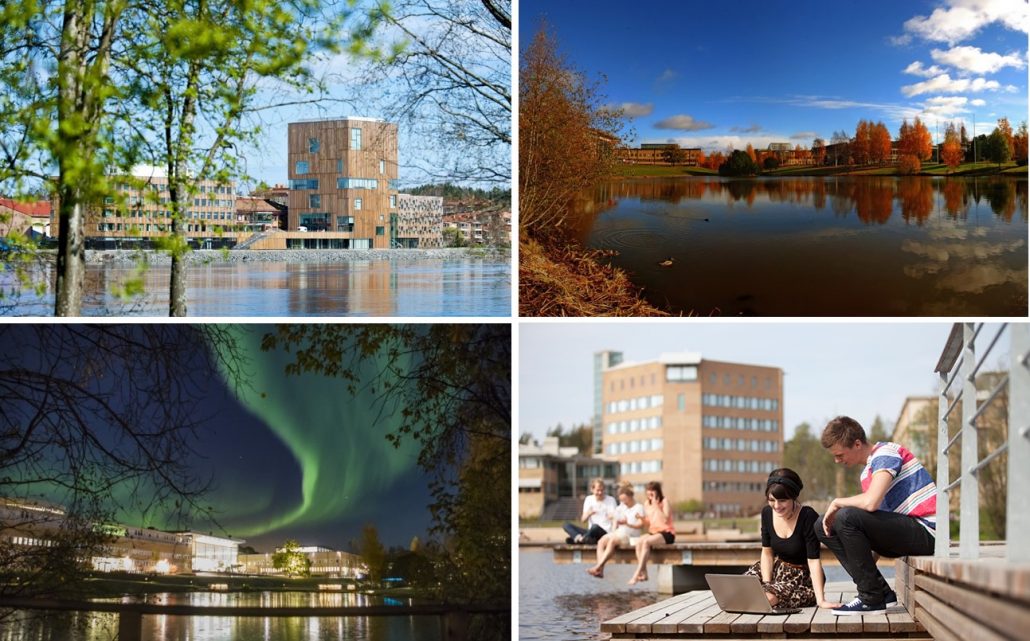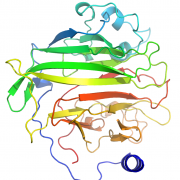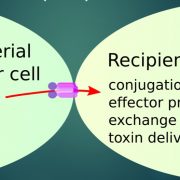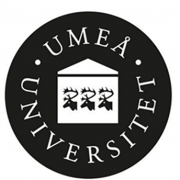We are seeking a PhD student in chemistry that will be part of a research team focused on understanding membrane protein transport using experimental techniques such as time-resolved X-ray scattering and biochemical assays, as well as computer simulation. Application deadline is 2019-06-03.
Project description
Biological membranes contain proteins that are necessary for all forms of Life – not least human beings. Development of structural characterization methods during the last 20 years has resulted in increased understanding of these membrane proteins, which in turn has increased production of new pharmaceuticals. We now face a major challenge – how can we take the next step and understand how proteins change their structures to perform their designated functions. By determining intermediate structures in the natural membrane environment, we could significantly increase the number of pharmaceutical targets. We will specifically characterize transport proteins in pathogenic bacteria, which are absent in humans, since such proteins are targets for development of new antibiotics that has potential to fight multi-drug resistance that pose a severe threat to humans, society, and health care.
Working tasks
The PhD student will be part of an existing research team that combines experimental methods and computer simulation to understand membrane protein transport. We have developed a combination of time-resolved X-ray scattering and computer simulation capable of determining transient intermediate states in the natural membrane environment. Our work is carried out on the absolute forefront of structural biology and will prepare the PhD student for a continued research career in academia or industry.
The PhD student will acquire a unique skillset with both experimental expertise and high-performance computing. The research spans molecular biology production and characterisation of proteins to development work at the synchrotrons MAXIV (Lund) and ESRF (Grenoble). The computer simulations will be performed on the national SNIC platform at the high-performance computing center HPC2N. The work will be performed within the context of Integrated Structural Biology (https://www.biostruct.umu.se) at Umeå University that provides seminar series as well as an exciting research environment.
Qualifications
To be admitted for studies at third-cycle level you are required to have completed a second-cycle level degree, or completed course requirements of at least 240 ECTS credits, of which at least 60 ECTS credits are at second-cycle level or have an equivalent education from abroad, or equivalent qualifications.
To fulfill the specific entry requirements to be admitted for studies at third-cycle level in chemistry, you are required to have completed first-cycle courses of at least 90 ECTS credits within the field of chemistry or another subject considered to be directly relevant to the specialization in question (such as physics, biology etc). Of those 90 ECTS credits, at least 15 ECTS credits shall have been acquired at second-cycle level within the specialization or an equivalent subject.
Good knowledge of the English language, both written and spoken, is required as well as a great interest within the field of biophysics and/or biochemistry. A suitable candidate must also be creative, have good collaboration skills, have a high degree of independence, and problem-solving analytical ability. Experience of protein production and characterization and/or Linux terminal/programming are considered as merits.
Terms of employment
The appointment aims at a PhD degree and the main task of the PhD student is to pursue their doctoral studies, which includes participation in research projects as well as postgraduate courses. In the assignments, teaching and other departmental work (up to a maximum of 20%) can be included. The employment is limited to four years full-time or up to five years when part-time teaching. The salary placement takes place according to the established salary level for doctoral employment.
Application
A complete application, written in English or Swedish, should contain a Curriculum Vitae, a cover letter including a description of your research interests and motivation for applying for this position, copies of degree certificates or equivalent, including documentation of completed academic courses and obtained grades, name and contact information of at least two reference persons.
Applications must be submitted via our e-recruitment system (link at https://www.umu.se/en/work-with-us/open-positions/phd-student-position-in-chemistry-with-focus-on-biophysical-chemistry_267035/). The last day to apply is 2019-06-03.
For more information about the research, position, or other details, please contact Docent Magnus Andersson
email: magnus.p.andersson@umu.se
webpage: https://www.biostruct.umu.se/principal-investigators/magnus-andersson/
About us
The Department of Chemistry is one of the largest departments within the Faculty of Science and Technology with approximately 200 employees, of which approximately 40 are PhD students, and constitutes a strong and expanding research environment. The Department has three major research areas: Biological Chemistry, Environmental and Biogeochemistry, and Technical Chemistry. We are also a strong partner in the Chemical-Biological Center (KBC), which provides excellent scientific infrastructure with several core facilities and technical platforms. You can find more information here: https://www.umu.se/en/chemical-biological-centre/. Information about the postgraduate education can be found on the Faculty of Science and Technology website: www.umu.se/en/faculty-of-science-and-technology/education/doctoral-studies/chemistry/. For more information about working at Umeå University, https://www.umu.se/en/work-with-us/.
Umeå University wants to offer an equal environment where open dialogue between people with different backgrounds and perspectives lay the foundation for learning, creativity and development. We welcome people with different backgrounds and experiences to apply for the current employment.

